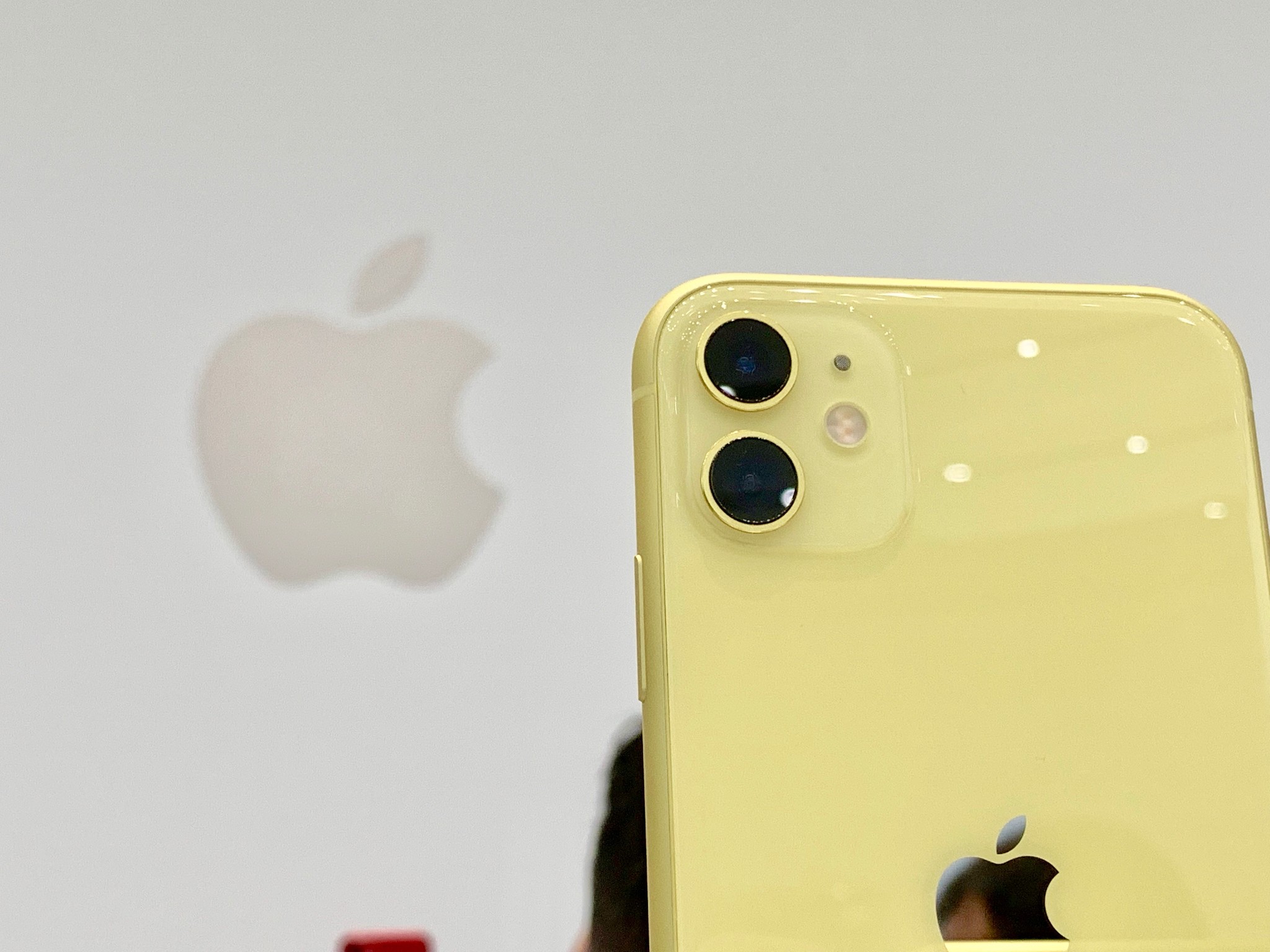Why iPhone 11 doesn't have 5G

Oh, you've heard? I think I heard you hearing, because everywhere I turn there's superficial, salty analysis saying how bad it is for the iPhone 11 not to have 5G.
Wrong. It's the current 5G deployment that's bad.
And by 5G I mean the real, next generation mmWave flavor. Not the "more LTE+++ Sub 6" or the in between version almost no one ever mentions.
mmWave is meant to be incredibly robust and incredibly fast. The fast part is starting to show up in a very, very few places in a very, very few test markets.
So few, and so not-robust yet that, if you step, turn around, or maybe even sneeze through the stream, you lose it.
Worse, the early generation 5G radios being crammed into phones right now lack real integration, necessitating multiple radios for The frequent LTE fallback, require RF transparency on four of the six sides of a device, impose frustrating engineering constraints, and still run super hot and heavy.
Like Joanna Stern of the Wall Street Journal needing an ice pack to prevent her test phone from melting from the heat.
iMore offers spot-on advice and guidance from our team of experts, with decades of Apple device experience to lean on. Learn more with iMore!
Which means, even if you think 5G will have terrific coverage everywhere you go, and have killer, compelling use cases, you won't want to use it with one of the current generation of devices.
Unless you want to be part of the early test pool, and paying handsomely for the privilege of 5G is legitimately your next big purchasing driver, you should save your money and buy a far more mature 5G phone in a couple years, if and when the current issues are all ironed out.
I say "if" because mmWave isn't a certainty. It's not HSPA or LTE. There's a chance it won't be everything everyone is hoping it will be. That deployment will prove too expensive and problematic. That it won't become the next big consumer cellular solution and instead will be relegated to broadband use in high density areas or something similar.
In other words, that it'll become WiMAX. (Sorry Sprint customers. So sorry.)
That's why Apple isn't engaging right now.
The same reason they didn't rush to put 3G on the first iPhone and waited until iPhone 5 for LTE.
An iPhone-scale deployment would utterly overwhelm any current 5G network, which is why carriers manage this stuff so carefully to begin with.
The most Apple could do at the moment is make a limited quantity of iPhone 11 5G variants using the current generation of essentially test chips for the limited test markets.
More expensive, bigger, uglier, more compromised variants with little long term value for customers and none of the strategic or financial ROI of the Verizon iPhone 4 way back in 2011 - something that rolled out in massive numbers on a massive, mature network and radio technology.
And no one, no one who doesn't want to short Apple stock, work in network testing, or who just feeds off negative attention wants that.
Certainly not Apple or their customers.

Rene Ritchie is one of the most respected Apple analysts in the business, reaching a combined audience of over 40 million readers a month. His YouTube channel, Vector, has over 90 thousand subscribers and 14 million views and his podcasts, including Debug, have been downloaded over 20 million times. He also regularly co-hosts MacBreak Weekly for the TWiT network and co-hosted CES Live! and Talk Mobile. Based in Montreal, Rene is a former director of product marketing, web developer, and graphic designer. He's authored several books and appeared on numerous television and radio segments to discuss Apple and the technology industry. When not working, he likes to cook, grapple, and spend time with his friends and family.
